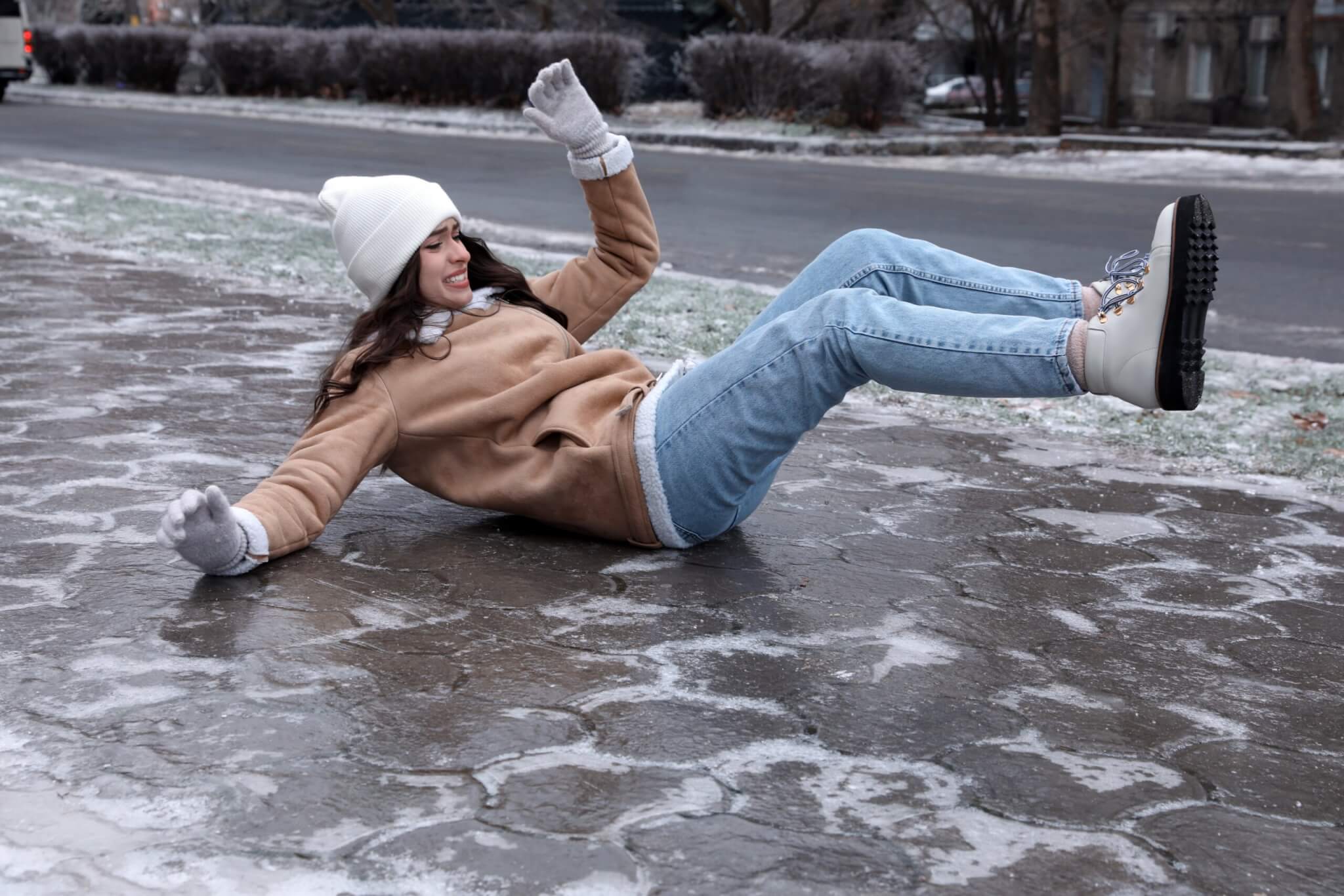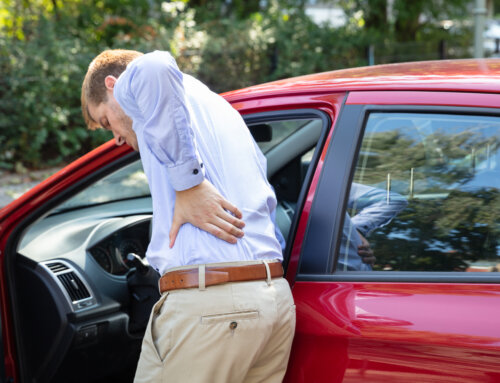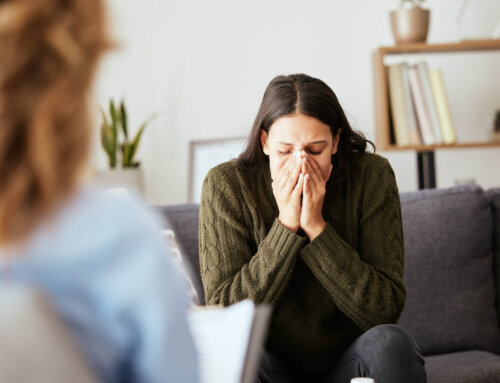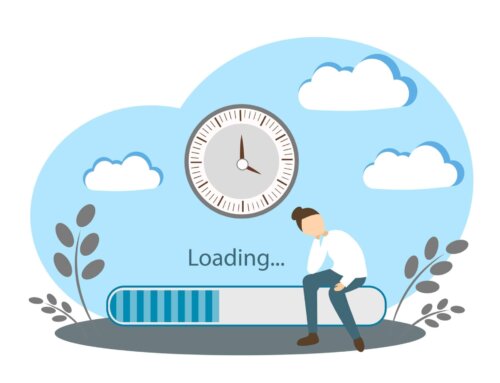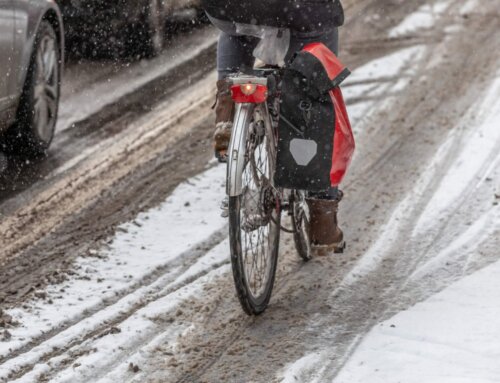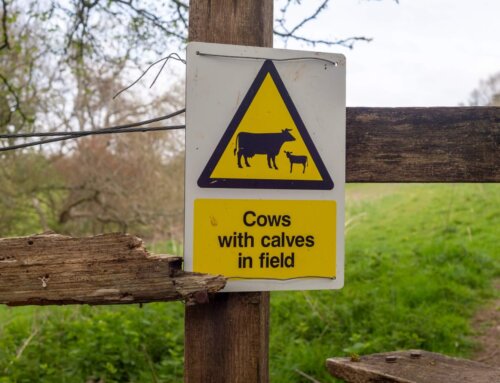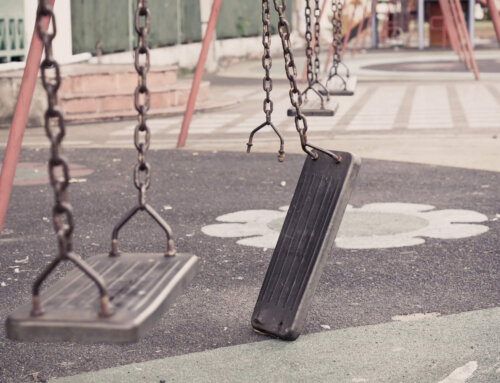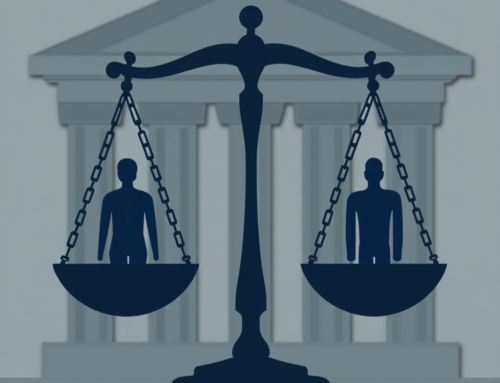Despite some evidence that UK winters are getting warmer, it still feels decidedly chilly to us! While winter, with its shorter days and freezing conditions, lends itself perfectly to cosy nights and comfort food, it can also present a host of potential hazards.
In this blog, the personal injury experts at Mooneerams have listed seven common hazards to watch out for during the winter months, along with essential winter safety tips to keep you protected.
Hazard 1 – Dangerous roads
According to statistics from the Royal Society for the Prevention of Accidents, driving in winter is much riskier than at other times of the year.
Prolonged periods of darkness, heavy rain, and icy patches make for treacherous road conditions, leading to an increased risk of road traffic accidents. In 2022, accidents occurring in rain, sleet, snow, and fog caused the death of 14 people and seriously injured 379 more.
We can’t control the weather, but we can take steps to improve our safety when driving in adverse conditions. These winter driving hazards can be mitigated by following these winter road safety precautions:
- Only heading out when absolutely necessary.
- Preparing for our journey, for example, by checking our lights, tyres, and brakes.
- Planning our journey.
- Reducing our speed.
- Taking an emergency kit containing items such as a tow rope, shovel, and blanket on all journeys.
If you have a road traffic accident in adverse weather conditions, you may be entitled to compensation if someone else is at fault. While the courts will consider the weather conditions when deciding whether a motorist acted negligently, they won’t accept it as an excuse for poor driving.
Local Authorities and the Highway Agency are tasked with keeping the roads safe, including in adverse weather.
By virtue of the Highways Act 1980 (England and Wales):
Section 41 (1A) – “A highway authority is under a duty to ensure, as far as is reasonably possible, that safe passage along a highway is not endangered by snow or ice.”
Section 150 (1) provides that if a highway gets obstructed because of an accumulation of snow or …. the authority has a duty to remove the obstruction”.
However, the authorities aren’t expected to clear and grit all roads in their area, especially when the prevailing adverse conditions are unexpected. They’ll usually prioritise roads based on the amount of traffic and their location. For example, major commuter roads, busy bus routes, and roads surrounding hospitals might be gritted before others.
So, whether you could claim against the Local Authority or Highway Agency for an accident caused by dangerous roads hinges on whether their failure to make them safe was reasonable.
If you get injured in an accident caused by an accumulation of ice or snow on the highway, contact Mooneerams Solicitors on 029 2199 1927. We’ll review your case and provide you with free initial advice on whether we think you have a valid case.
Hazard 2 – Slippery pavements
Winter weather makes roads more dangerous and affects pavements and other public places. It’s difficult to find precise statistics on accidents caused by falling or slipping on icy pavements. However, according to the NHS Information Centre, in 2009, data showed that 7,641 people were admitted to hospital following a slip, trip, or fall on ice or snow.
To minimise your risk of falling when the conditions underfoot are icy, you should:
- Wear footwear with a good grip.
- Take it slowly, giving yourself extra time to reach your destination so you don’t need to dash for the bus.
- Watch where you’re walking. An otherwise clear pavement may retain the odd patch of ice, so it’s important to watch where your feet are falling.
Can you bring a personal injury claim for slipping on snow or ice? It depends on where your accident happened.
While Local Authorities have a duty to make pavements safe to use, they only have to show that they’ve done all they reasonably can. It would be impossible for them to clear snow and ice from every pavement and footpath, so unless the circumstances of your fall are exceptional, you’ll struggle to hold them responsible.
Let’s say your accident happens on private land, such as in a supermarket car park. In that case, you may successfully claim compensation if you can prove that the car park was clearly hazardous, and the supermarket failed to take reasonable steps to mitigate the risk of injury.
However, in the case of Cook v Swansea Council 2017 EWCA 2142, the Court of Appeal reaffirmed that occupiers are not required to eliminate every possible risk. In that case, the court found that Swansea City Council’s system of promptly gritting car parks when they received complaints from the public was reasonable and would discharge their duty of care under the Occupiers Liability Act 1957.
The court reaffirmed the importance of the balancing test established in Tomlinson v Congleton BC 2004 UKHL 47. This test considers:
- The likelihood of injury
- The seriousness of potential injury
- The social value of the activity giving rise to the risk
- The cost of preventative measures
These types of claims are also notoriously tricky. The mere presence of ice or snow on private land does not render the owner responsible for any accidents. Most of the time, whether you have a reasonable prospect of successfully claiming personal injury compensation in such circumstances depends on the specifics of each case.
If you find yourself in such circumstances, contact Mooneerams now on 029 2199 1927. One of our experienced personal injury team members will be waiting to take your call and advise you of the best course of action.
Hazard 3 – Fire
Ironic as it sounds, our attempts to stay warm in winter can increase the fire risk. Government figures show that electric blankets cause around 43 housefires each year, heaters are responsible for three fires each day, and an average of 3,800 chimney fires break out in England annually.
You can reduce the risk of fire by taking sensible precautions, like:
- Using fire guards around open fires.
- Unplugging electric heaters before you go out or to bed.
- Using electric blankets in accordance with the manufacturer’s instructions.
- Keeping heaters away from furniture and curtains.
You may be eligible to bring a product liability injury claim against the manufacturer and possibly others involved in the supply chain, such as the company responsible for producing the defective parts, if you suffer injury in a fire started by a faulty appliance.
Hazard 4 – Accidents at work
There are always risks to working outside, particularly for those doing jobs like roofing or motorway maintenance. The risks increase in inclement weather when tasks such as using a ladder or working on icy roads can become incredibly dangerous.
Employers are legally obliged to take reasonable care to ensure their employees’ safety while they are at work. They must identify a risk and decide what precautions it would be reasonable to implement in response.
Employers should consider whether it’s really necessary for their employees to do the work when conditions are unsafe. If possible, they should postpone the job until the cold or wet snap passes. If they must send their employees out, they should undergo a thorough risk assessment and ensure reasonable steps are taken to mitigate any risk identified. These steps might include providing additional training and ensuring all employees take regular breaks in a warm environment.
If your employer fails in their duty of care and you suffer injury, you could make a personal injury claim against them. Work accidents prevention should be a priority for all employers, especially during the winter months.
Hazard 5 – Frostbite and hypothermia
Prolonged periods outside in particularly harsh weather can cause unpleasant conditions, such as frostbite and hypothermia. To reduce the risk in frosty weather and freezing temperatures, you should:
- Stay active to keep the blood circulating around your body. Even clapping your hands and moving your limbs can help.
- Drink plenty of hot drinks but avoid caffeine or alcohol.
- Take frequent breaks from the cold.
You may be entitled to compensation if you develop a condition like frostbite or hypothermia because of your employer’s negligence, for example, in providing you with inadequate PPE clothing.
Hazard 6 – Sports injuries
Playing sports is undeniably beneficial for both our physical and mental health, and those benefits usually far outweigh the ‘astonishingly small’ risk of serious injury, according to a study by the University of Bath.
However, physical pursuits are never entirely risk-free. Luckily, most injuries are minor, causing little more than a twinge or a graze. Sometimes, injuries can be more severe, perhaps resulting in a fracture or broken bones.
Many of our clients who visit us with sports-related injuries are relieved to learn that they may be entitled to sports injury compensation even though they voluntarily took part in the game if their injuries were someone else’s fault.
In winter, pitches can become frozen or waterlogged, and playing on them can be dangerous. In these conditions, most sports clubs and grounds will cancel or postpone any planned matches until the conditions improve. If they don’t, you may be entitled to compensation if you are injured due to playing on a dangerous pitch.
Hazard 7 – Debris
High winds increase the risk of flying debris that can cause injury to unsuspecting members of the public. When you are out and about in windy conditions, be aware of your surroundings and take sensible precautions. For example, avoid walking too close to shops with loose signage or parking near properties with tiled roofs.
You might consider claiming compensation from the owner of the premises if you were injured by flying debris that had come loose due to someone’s negligence; for example, a shop owner failing to secure outdoor furniture when bad weather was forecast.
Here’s the good news!
With December to February being the coldest months of the year, it won’t be long until the ice begins to thaw, and spring is in the air.
Until then, take sensible precautions when heading out in inclement weather or using appliances to stay warm indoors. That way, you can minimise your chance of an accident and concentrate on making the most of your cosy nights at home with your favourite box set, uninterrupted by a trip to A and E.
Remember, if you find yourself involved in a potential winter weather claim, from slipping on ice to road accidents in icy conditions, the expert personal injury lawyers at Mooneerams are here to help. Our experienced team can guide you through the process of making a personal injury claim, ensuring you get the compensation you deserve.

